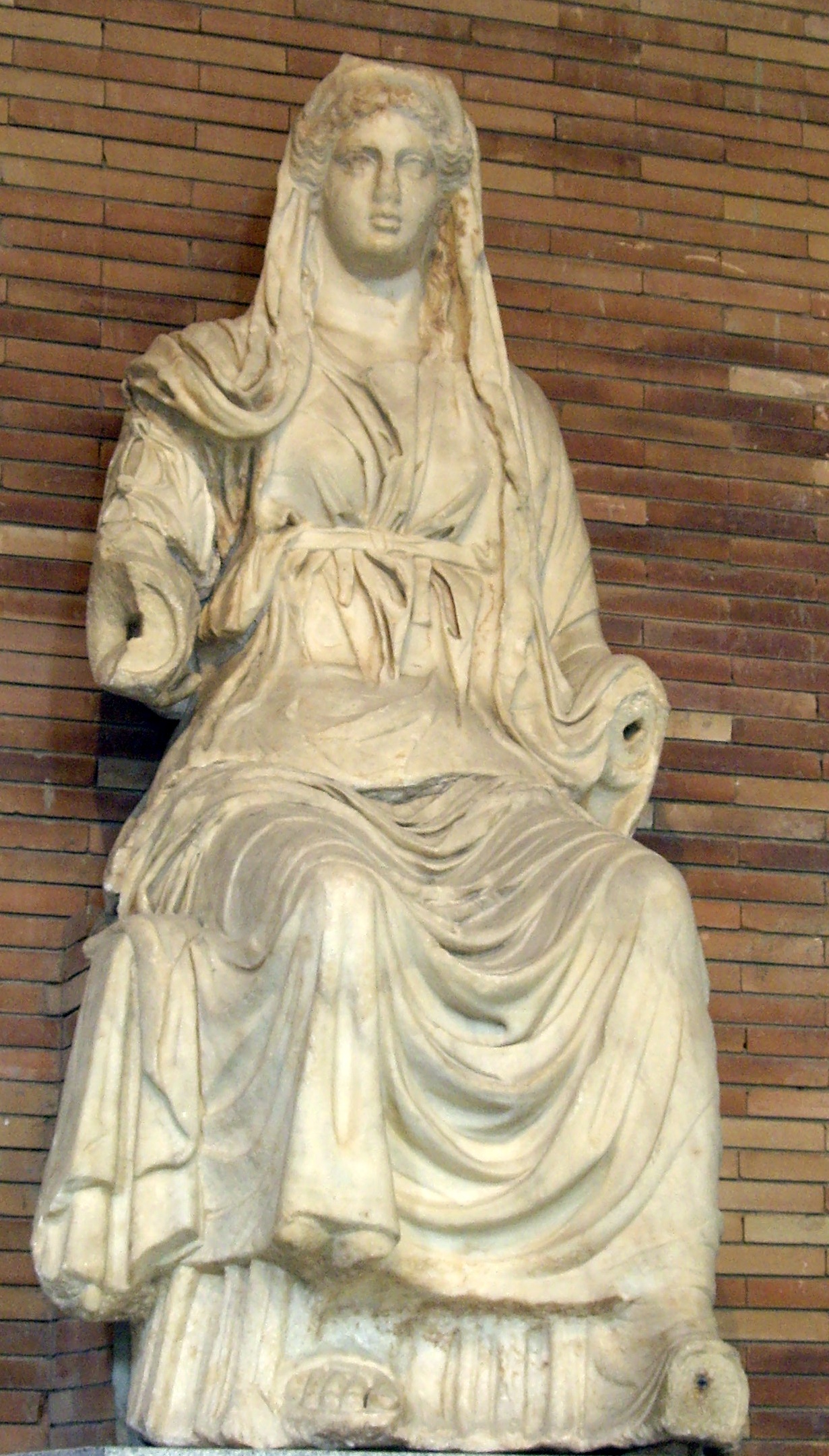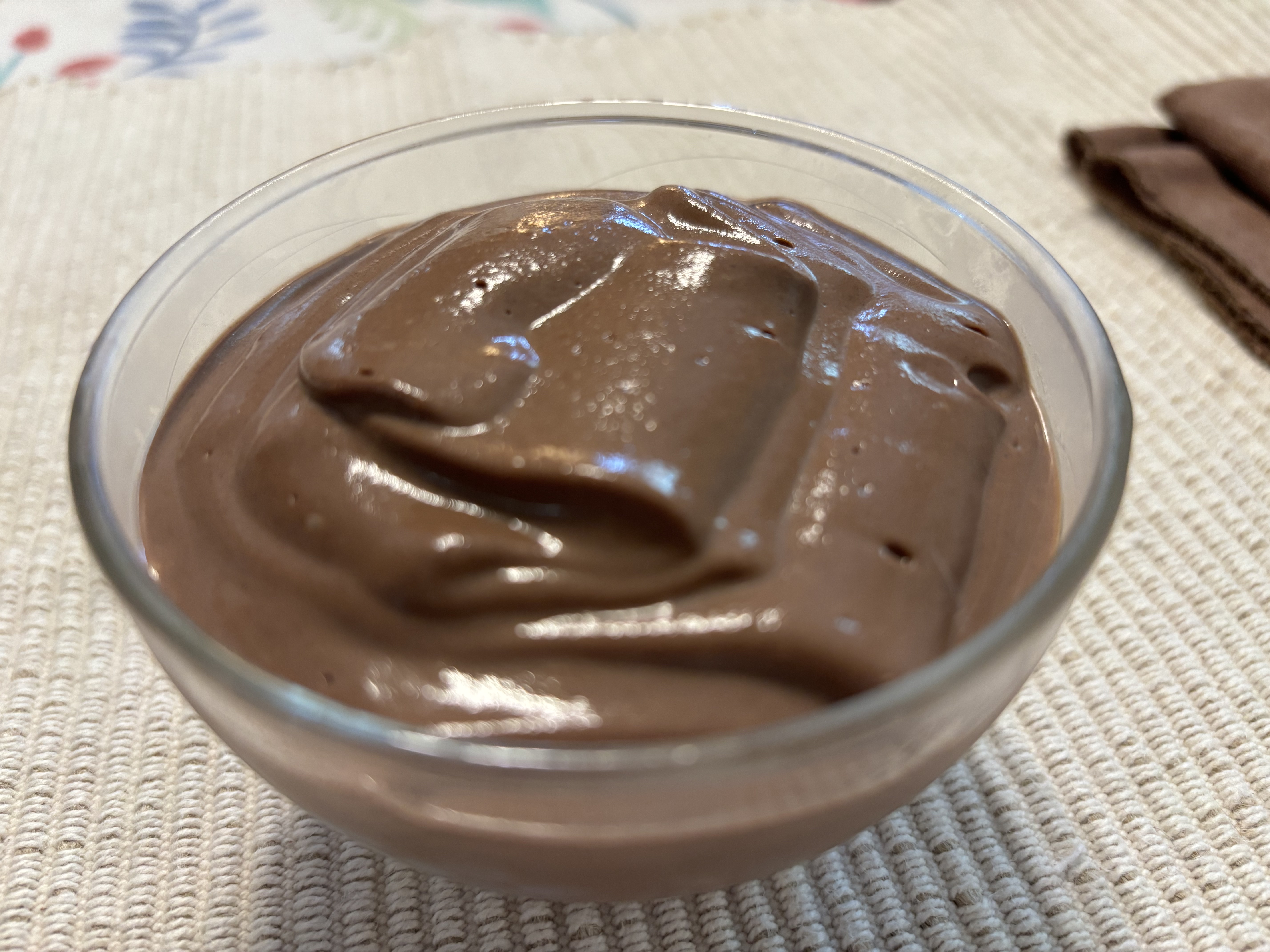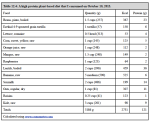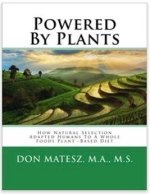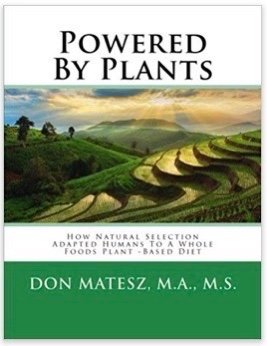Ashwagandha for Gaining Strength
Ashwagandha (Withania somnifera) is an herb traditionally used in Ayurvedic medicine for thousands of years to revitalize, rejuvenate, promote health and longevity, retard aging, and enhance well-being.
Ashwagandha Properties
Ashwagandha has a wide range of pharmacological effects, including anxiolytic (anti-anxiety), hypotensive (lowering blood pressure), sedative, immunomodulatory, analgesic (pain-relieving), anti-inflammatory, anti-tumor, anabolic, cardiopulmonary, smooth muscle relaxant, thyroid-stimulating, and antioxidant effects.1, 2
Ashwagandha has been shown to reduce cortisol and thyroid stimulating hormone levels, and increase testosterone and thyroid (T4 and T3) levels.3, 4, 5, 6, 7 It may also reduce stress-stimulated increases in blood urea nitrogen, lactic acid, and corticosterone.1
Ashwagandha may help you gain strength and muscle mass
|
Use of the KSM-66 ashwagandha extract during a resistance training program has been shown to increase testosterone level, reduce exercise-induced muscle damage, and improve strength and muscle mass gains.8 Compared to placebo, subjects who took 300 mg aswagandha extract twice daily had a 5 times greater increase in testosterone (+18 vs +96 ng/dL) during the intervention. Those taking ashwagandha also had significantly greater increases in arm and chest girths, and greater reductions in body fat percentage. |
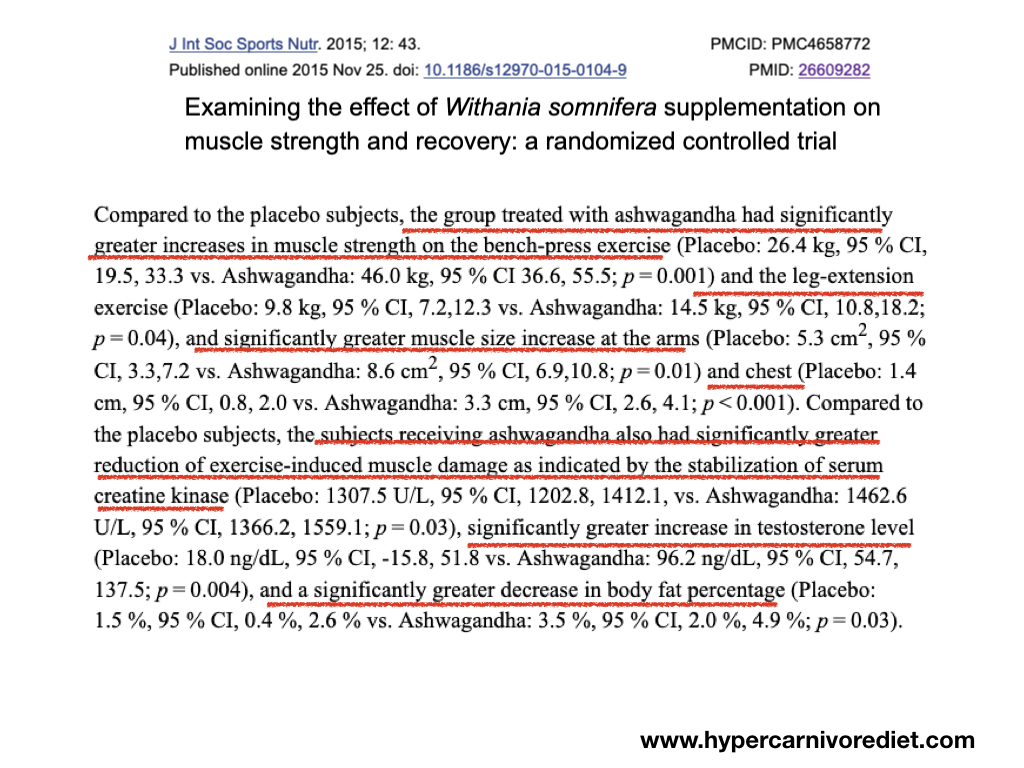
Note that the group taking the ashwagandha had an increase in testosterone level of 96 ng/dL, compared to only 18 ng/dL in the placebo group. That's a 5 times greater improvement in testosterone level for the young males in the ashwagandha group! More about the T-enhancing effects of ashwagandha for older men below.
|
Use of 500 mg daily of the Sensoril® ashwagandha extract during another resistance training study resulted in greater improvements in both lower and upper body maximal strength compared to a placebo.9 In this study only the subjects who took ashwagandha had statistically significant increases in average squat power, peak bench press power, 7.5 km time trial performance, and perceived recovery scores. |
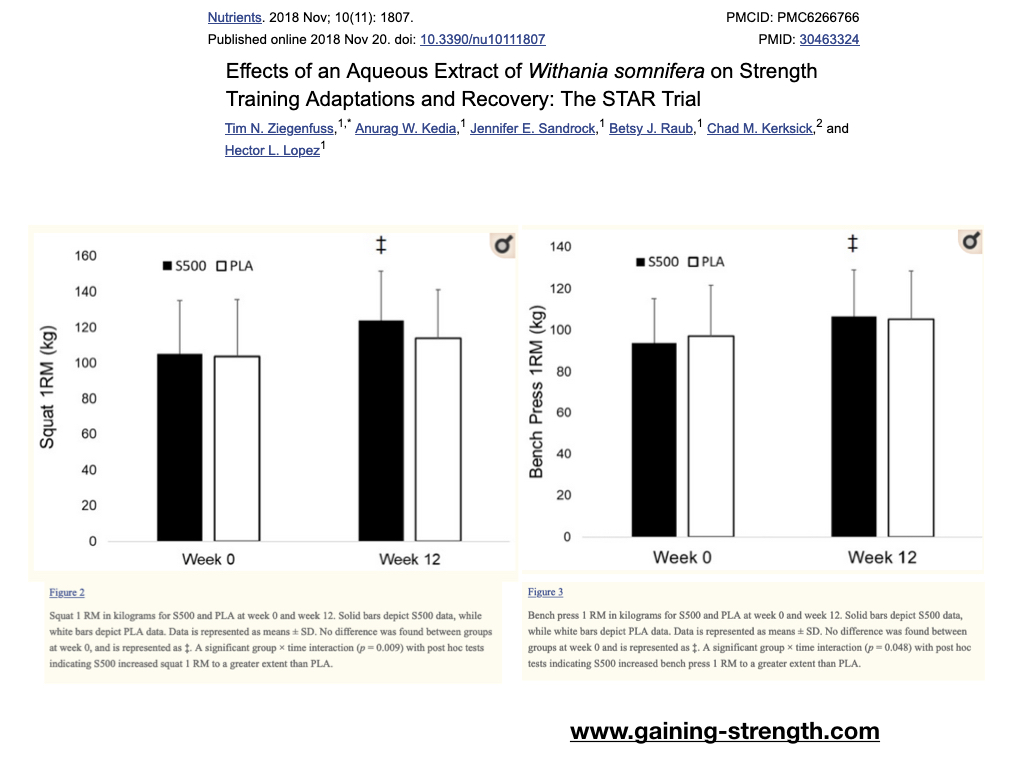
It should be noted that in this study these gains were realized despite the fact that both energy (calorie) and protein intake were lower than recommended for optimizing lean mass accrual during resistance training programs.
Ashwagandha may raise your testosterone levels
Like the first study discussed above, this double-blind placebo controlled study also found that ashwagandha extract providing 21 mg withanolide glycosides daily for 8 weeks was associated with an increase in testosterone levels. The ashwagandha supplemented group in this study had an 18% increase in DHEA-S and about 15% increase in testosterone compared to placebo.10
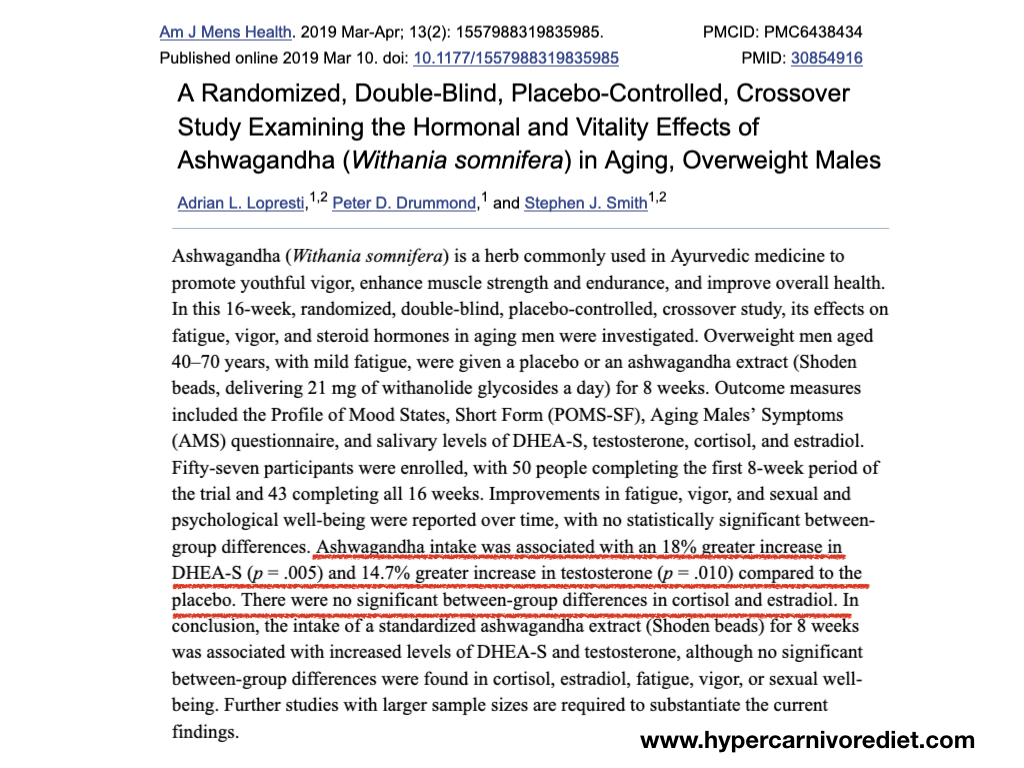
Ashwagandha may improve your thyroid function
Thyroid hormones control your metabolic rate. You need an optimal metabolic rate to build muscle and lose fat. You also need proper body temperature to ward off fungal infections11, and prevent cardiovascular disease.12, 13, 14 Subclinical hypothyroidism has been found associated with blunting of beneficial muscle metabolism and fitness adaptations that typically occur with loss of weight and increased physical activity.20
If your body temperature is chronically low (below 37 Centigrade or 98.6 Fahrenheit) you may have subclinical hypothyroidism making you fat, weak and/or sick.
Research indicates that ashwagandha can help you turn this around. Several studies have shown that supplementing ashwagandha significantly improves thyroid hormone status.
A randomized, double-blind, placebo-controlled trial found that just eight weeks of supplementing 600 mg daily of ashwagandha extract improved serum thyroid function markers in patients (aged 18-50) who initially had elevated thyroid stimulating hormone (TSH) levels (4.5-10 uIU/L).15 Ashwagandha treatment effectively normalized levels of TSH, T3, and T4.
Another human study found improvements in thyroid hormone levels in bipolar subjects supplemented with ashwagandha while subjects who receive a placebo had worsened thyroid function.16
A rodent study found that ashwagandha extract increases T3 and T4 concentrations, reduced liver lipid peroxidation, and increased activity of endogenous antioxidants superoxide dismutase and catalase.17
Another rodent study started by using an antithyroid drug (propylthiouracil) to induce hypothyroidism in the animals. Then the animals were treated with either an anti-hypothyroidism drug or ashwagandha extract. The ashwagandha extract was more effective than the anti-hypothyroid drug in reversing the propylthiouracil-induced hypothyroidism.18
Ashwagandha is so effective at improving thyroid levels that at least one human has developed thyrotoxicosis from overdose of the herb. 19
In short, ashwagandha is amazing!
|
The KSM-66 ashwagandha extract has shown efficacy in a number of double-blind, placebo-controlled trials. If you want to see how ashwagandha helps you to gain strength and health, take 300 mg of the KSM-66 ashwagandha extract twice daily. It is available under many retail labels. I have personally used the Jarrow brand, which offers a very competitive price. |
Notes
1. Mishra L, Singh BB, Dagenais S. Scientific Basis for the Therapuetic Use of Withania somnifera (Ashwadandha): A Review. Altern Med Rev 2000;5(4):334-346. <http://archive.foundationalmedicinereview.com/publications/5/4/334.pdf>
2. Raut AA, Rege NN, Tadvi FM, et al. Exploratory study to evaluate tolerability, safety, and activity of Ashwagandha (Withania somnifera) in healthy volunteers. Journal of Ayurveda and Integrative Medicine. 2012;3(3):111-114. doi:10.4103/0975-9476.100168.
3. Chandrasekhar K, Kapoor J, Anishetty S. A Prospective, Randomized Double-Blind, Placebo-Controlled Study of Safety and Efficacy of a High-Concentration Full-Spectrum Extract of Ashwagandha Root in Reducing Stress and Anxiety in Adults. Indian Journal of Psychological Medicine. 2012;34(3):255-262. doi:10.4103/0253-7176.106022.
4. Ambiye VR, Langade D, Dongre S, Aptikar P, Kulkarni M, Dongre A. Clinical Evaluation of the Spermatogenic Activity of the Root Extract of Ashwagandha (Withania somnifera) in Oligospermic Males: A Pilot Study. Evidence-based Complementary and Alternative Medicine : eCAM. 2013;2013:571420. doi:10.1155/2013/571420.
5. Sharma AK, Basu I, Singh S. Efficacy and Safety of Ashwagandha Root Extract in Subclinical Hypothyroid Patients: A Double-Blind, Randomized Placebo-Controlled
Trial. J Altern Complement Med. 2018 Mar;24(3):243-248. doi:
10.1089/acm.2017.0183. Epub 2017 Aug 22. PubMed PMID: 28829155.
6. Abdel-Wahhab KG, Mourad HH, Mannaa FA, Morsy FA, Hassan LK, Taher RF. Role of ashwagandha methanolic extract in the regulation of thyroid profile in hypothyroidism modeled rats. Mol Biol Rep. 2019 Aug;46(4):3637-3649. doi:10.1007/s11033-019-04721-x. Epub 2019 Jun 15. PubMed PMID: 31203475.
7. Gannon JM, Forrest PE, Roy Chengappa KN. Subtle changes in thyroid indices during a placebo-controlled study of an extract of Withania somnifera in persons with bipolar disorder. J Ayurveda Integr Med. 2014;5(4):241–245. doi:10.4103/0975-9476.146566
8. Wankhede S, Langade D, Joshi K, et al.: Examining the effect of Withania somnifera supplementation on muscle strength and recovery: a randomized controlled trial. J Int Soc Sports Nutr 2015;12:43. <https://www.ncbi.nlm.nih.gov/pmc/articles/PMC4658772/>
9. Ziegenfuss TN, Kedia AW, Sandrock JE, Raub BJ, Kerksick CM, Lopez HL. Effects of an Aqueous Extract of Withania somnifera on Strength Training Adaptations and Recovery: The STAR Trial. Nutrients. 2018;10(11):1807. Published 2018 Nov 20. doi:10.3390/nu10111807
10. Lopresti AL, Drummond PD, Smith SJ. A Randomized, Double-Blind, Placebo-Controlled, Crossover Study Examining the Hormonal and Vitality Effects of Ashwagandha ( Withania somnifera) in Aging, Overweight Males. Am J Mens Health. 2019;13(2):1557988319835985. doi:10.1177/1557988319835985
11. Albert Einstein College of Medicine. "98.6 degrees Fahrenheit ideal temperature for keeping fungi away and food at bay." ScienceDaily. ScienceDaily, 30 December 2010. <www.sciencedaily.com/releases/2010/12/101222121610.htm>
12. Ning Y, Cheng YJ, Liu LJ, et al. What is the association of hypothyroidism with risks of cardiovascular events and mortality? A meta-analysis of 55 cohort studies involving 1,898,314 participants. BMC Med. 2017;15(1):21. Published 2017 Feb 2. doi:10.1186/s12916-017-0777-9
13. Moon S, Kim MJ, Yu JM, Yoo HJ, Park YJ. Subclinical Hypothyroidism and the Risk of Cardiovascular Disease and All-Cause Mortality: A Meta-Analysis of Prospective Cohort Studies. Thyroid. 2018 Sep;28(9):1101-1110. doi: 10.1089/thy.2017.0414. Epub 2018 Aug 17. PubMed PMID: 29978767.
14. Moon S, Kong SH, Choi HS, Hwangbo Y, Lee MK, Moon JH, Jang HC, Cho NH, Park YJ. Relation of Subclinical Hypothyroidism is Associated With Cardiovascular Events and All-Cause Mortality in Adults With High Cardiovascular Risk. Am J Cardiol. 2018 Aug 15;122(4):571-577. doi: 10.1016/j.amjcard.2018.03.371. Epub 2018 May 16. PubMed PMID: 29980273.
15. Sharma AK, Basu I, Singh S. Efficacy and Safety of Ashwagandha Root Extract in Subclinical Hypothyroid Patients: A Double-Blind, Randomized Placebo-Controlled Trial. J Altern Complement Med. 2018 Mar;24(3):243-248. doi: 10.1089/acm.2017.0183. Epub 2017 Aug 22. PubMed PMID: 28829155.
16. Gannon JM, Forrest PE, Roy Chengappa KN. Subtle changes in thyroid indices during a placebo-controlled study of an extract of Withania somnifera in persons with bipolar disorder. J Ayurveda Integr Med. 2014;5(4):241–245. doi:10.4103/0975-9476.146566
17. Panda S, Kar A. Changes in thyroid hormone concentrations after administration of ashwagandha root extract to adult male mice. J Pharm Pharmacol. 1998 Sep;50(9):1065-8. PubMed PMID: 9811169.
18. Abdel-Wahhab KG, Mourad HH, Mannaa FA, Morsy FA, Hassan LK, Taher RF. Role of ashwagandha methanolic extract in the regulation of thyroid profile in hypothyroidism modeled rats. Mol Biol Rep. 2019 Aug;46(4):3637-3649. doi: 10.1007/s11033-019-04721-x. Epub 2019 Jun 15. PubMed PMID: 31203475.
19. van der Hooft CS, Hoekstra A, Winter A, de Smet PA, Stricker BH. [Thyrotoxicosis following the use of ashwagandha]. Ned Tijdschr Geneeskd. 2005 Nov 19;149(47):2637-8. Dutch. PubMed PMID: 16355578.
20. Amati F, Dubé JJ, Stefanovic-Racic M, Toledo FG, Goodpaster BH. Improvements in insulin sensitivity are blunted by subclinical hypothyroidism. Med Sci Sports Exerc. 2009 Feb;41(2):265-9. doi: 10.1249/MSS.0b013e318187c010. PubMed PMID: 19127201.
Recent Articles
-
Ancient Roman Soldier Diet
Apr 14, 25 05:19 PM
A discussion of the ancient Roman soldier diet, its staple foods and nutritional value, and a vegan minimalist version. -
High Protein Chocolate Tofu Pudding
Jul 01, 24 12:41 PM
A delicious high protein chocolate tofu pudding. -
Vegan Macrobiotic Diet For Psoriasis
Sep 05, 23 06:36 PM
Vegan macrobiotic diet for psoriasis. My progress healing psoriasis with a vegan macrobiotic diet. -
How Every Disease Develops
Aug 04, 23 06:22 PM
How every disease develops over time, according to macrobiotic medicine. -
Why Do People Quit Being Vegan?
Jun 28, 23 08:04 PM
Why do people quit being vegan? How peer pressure and ego conspire against vegans. -
Powered By Plants
Mar 16, 23 08:01 PM
Powered By Plants is a book in which I have presented a lot of scientific evidence that humans are designed by Nature for a whole foods plant-based diet. -
Carnism Versus Libertarianism
Dec 30, 22 01:55 PM
Carnism Versus Libertarianism is an e-book demonstrating that carnism is in principle incompatible with libertarianism, voluntaryism, and anarchism. -
The Most Dangerous Superstition Book Review
Nov 15, 22 08:46 PM
Review of the book The Most Dangerous Superstition by Larken Rose.
